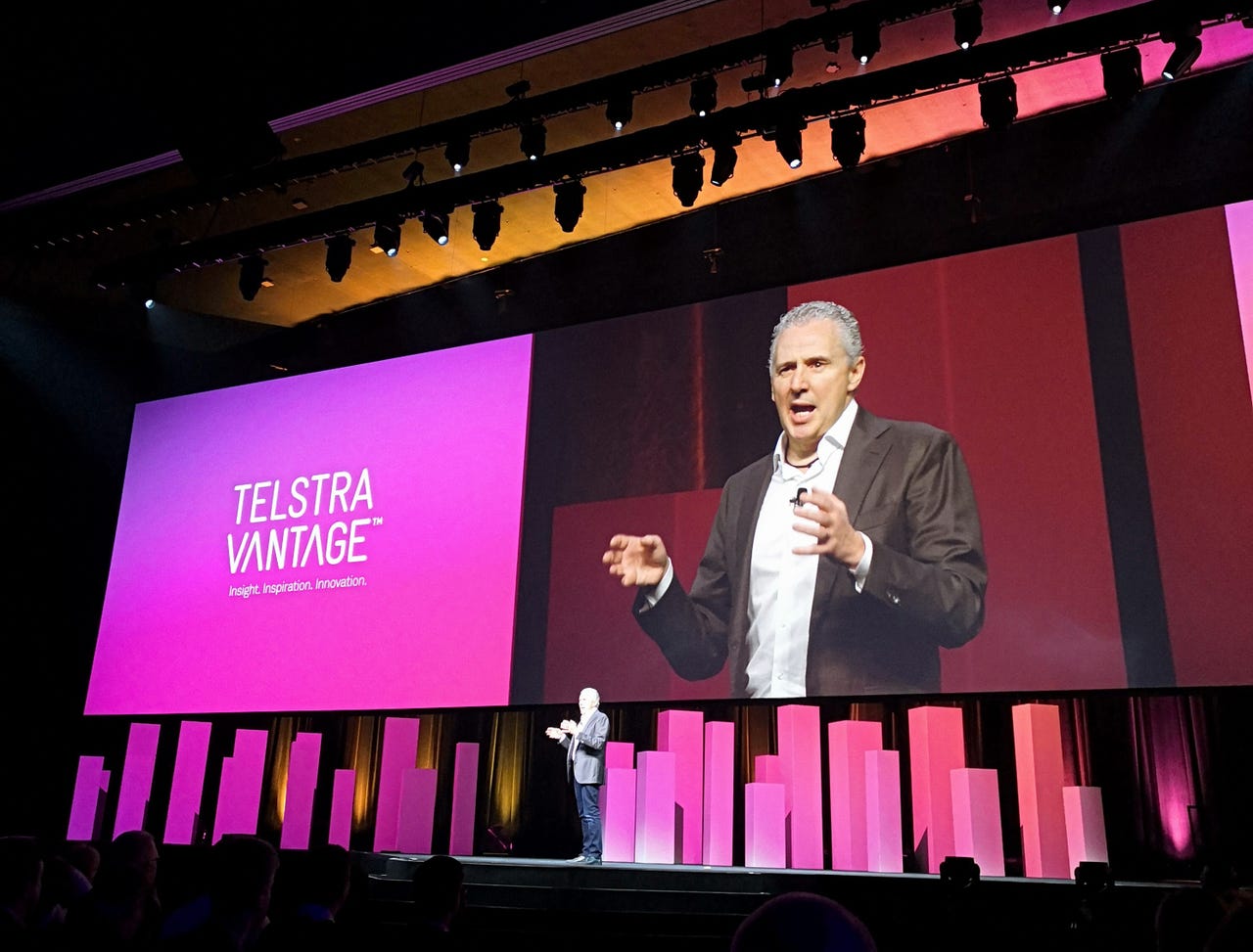Telstra calls for near halving of NBN wholesale price

Australia's incumbent carrier has said something needs to give when it comes to reselling services on the National Broadband Network (NBN), as current arrangements are unsustainable.
Speaking to shareholders at the company's annual general meeting in Sydney on Tuesday, CEO Andy Penn said Australians are paying some of the highest prices in the world for broadband, and that the price is likely to continue increasing unless wholesale charges are addressed.
"The current arrangements are unsustainable, and ultimately this can only lead to poorer service and higher prices for broadband for all Australians," Penn said.
"[The wholesale price] has to come down, and not by AU$2, but by more than AU$20."
Penn said the rate charged by Telstra and set by the Australian Competition and Consumer Commission (ACCC) to its competitors for ADSL services is around AU$20, while NBN is charging AU$44 per month currently, and is set to increase to AU$51 by 2022.
Telstra is expecting that by the time the NBN is completed, it will part with AU$2.5 billion each year to NBN, which is part of the reason why the telco is implementing its Telstra2022 plan.
Must read: Telstra2022: Key takeaways from Telstra's new strategy
Chair John Mullen said the company had believed there could still be money made from selling NBN services until recently.
"The NBN will have reduced Telstra's net profit after tax by close to a half when fully rolled out. Not a few per cent, half," Mullen said. "Having been privatised by the government in 1997, the government is now effectively re-nationalising half of the company again."
"To give some scale to that impact, what we are losing through this policy of half our business is approximately equivalent to a company the size of Qantas."
In its August full-year results, the company reported net profit of AU$3.5 billion, down 9 percent, on AU$26 billion of revenue.
The telco reported customer base growth across both fixed and mobile.
On the back of reduced profitability, lower dividends, as well as planned job cuts as part of Telstra2022 and protracted bargaining negotiations with staff, the company is fighting against plans to vote down proposed executive remuneration.
"I personally believe that executive salaries are too high across the board, but changing this takes time and needs to be embraced by all of corporate Australia, not just one company or one industry, as the marketplace for talent is international and is industry agnostic," Mullen said.
"We are trying to do our bit in Telstra, however, and this can be seen by the fact that David Thodey's salary was lower than Sol Trujillo's, Andy Penn's salary is lower than David Thodey's, and I expect that Andy's eventual successor will receive a lower salary again.
"Andy himself has seen his actual remuneration drop by almost 50 percent over the last two years as the company has been under pressure, so we are not only reducing overall remuneration levels, but our remuneration clearly does flex downwards with shareholder outcomes, even when management has done a good job."
Speaking last week, Shadow Communications Minister Michelle Rowland argued that with the majority of NBN deployment in motion, the political debate must shift from its technological makeup to the future of its economics.
"The NBN rollout has also reached a point where it is almost entirely in design, construction, or deployed -- a reality which cannot be undone through political will or legislative change," Rowland said.
"As a result, there is likely to be less emphasis on the issues which have been the focal point for the last five years, and a greater focus on the medium-term policy settings -- namely, the economics of the NBN.
"Looking forward, this becomes the main game ... it would be sensible for the major parties to identify common ground on the next steps where feasible to do so."
Related Coverage
ACMA finds Telstra failed to help customers with life-threatening medical conditions
The ACMA has said it is 'deeply concerned' about Telstra's non-compliance with its priority assistance obligations, with two customers passing away in 2017 after being unable to use their landline service.
Telstra and Ericsson expand NB-IoT range out to 100km
Using Ericsson software, NB-IoT extended range cells can now reach 100km away, which Telstra said is part of its efforts to connect regional and rural areas of the nation.
Telstra completes 2Gbps data call on live 4G network
Telstra, Ericsson, and Qualcomm have completed the world's first 2Gbps data call over a live, commercial 4G LTE network.
Telstra refunds customers AU$9.3m for misleading billing practices
After being fined AU$10 million for misleading customers on its management of premium direct billing services, Telstra has also had to refund customers a total of AU$9.3 million.
Telstra smart cities the focus of next 5G launch
Telstra will activate its 5G mobile network across another regional centre next as part of a focus on smart cities, with the telco also revealing a 5G partnership with the Commonwealth Bank on 'mobile banking of the future'.
5G mobile networks: A cheat sheet (TechRepublic)
As LTE networks become increasingly saturated, mobile network operators are planning for the 5G future. Here is what business professionals and mobile users need to know about 5G.
